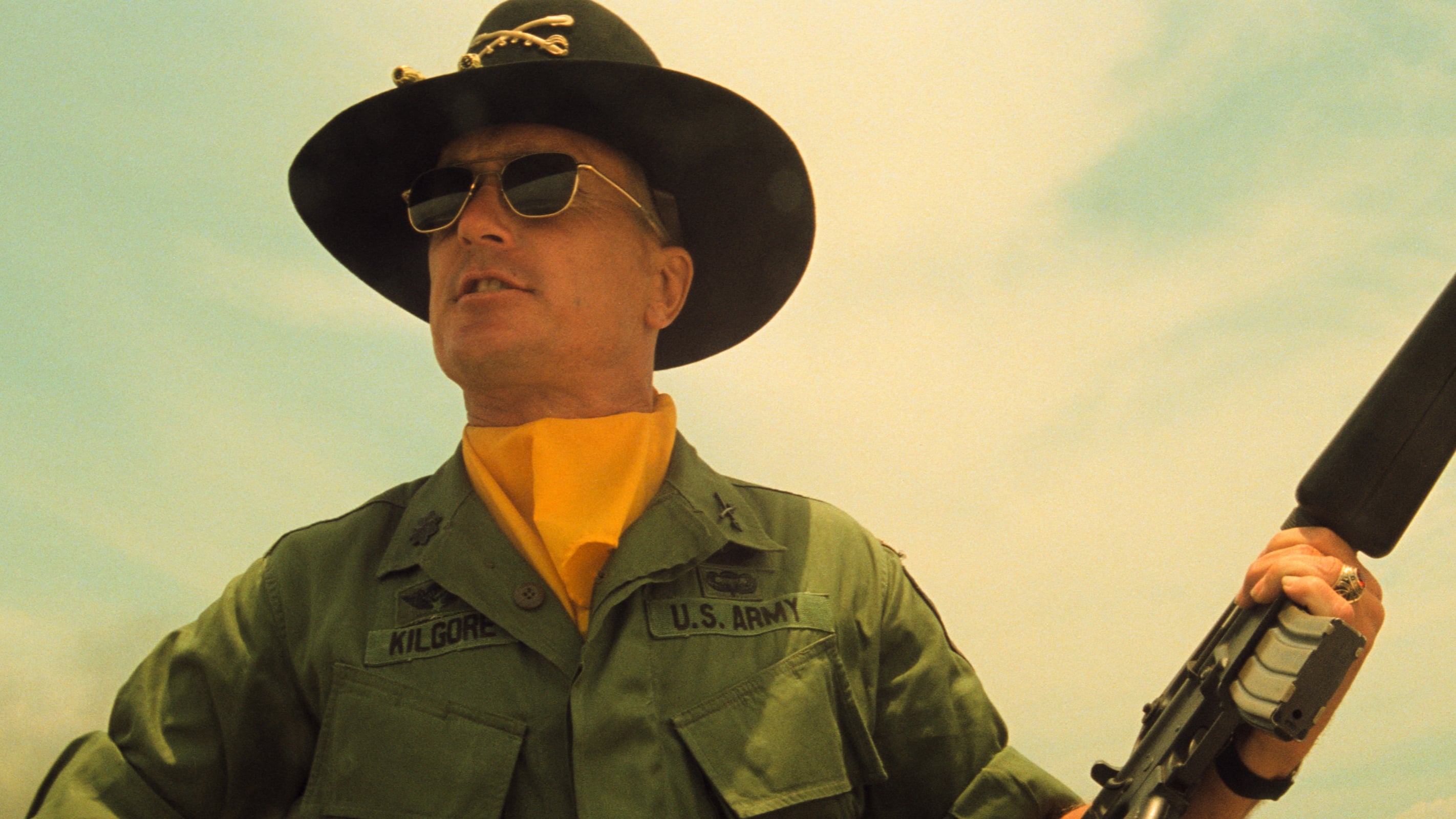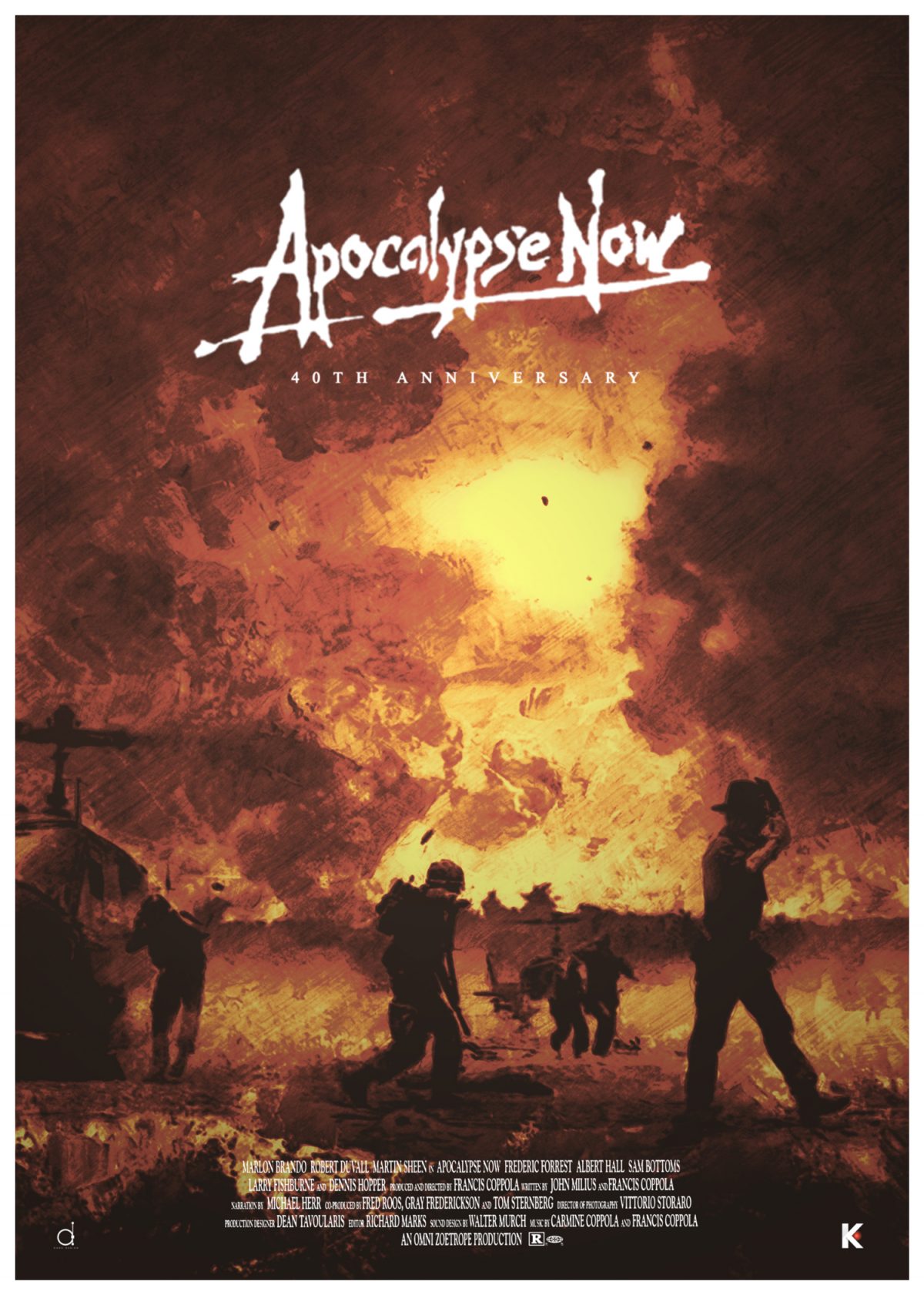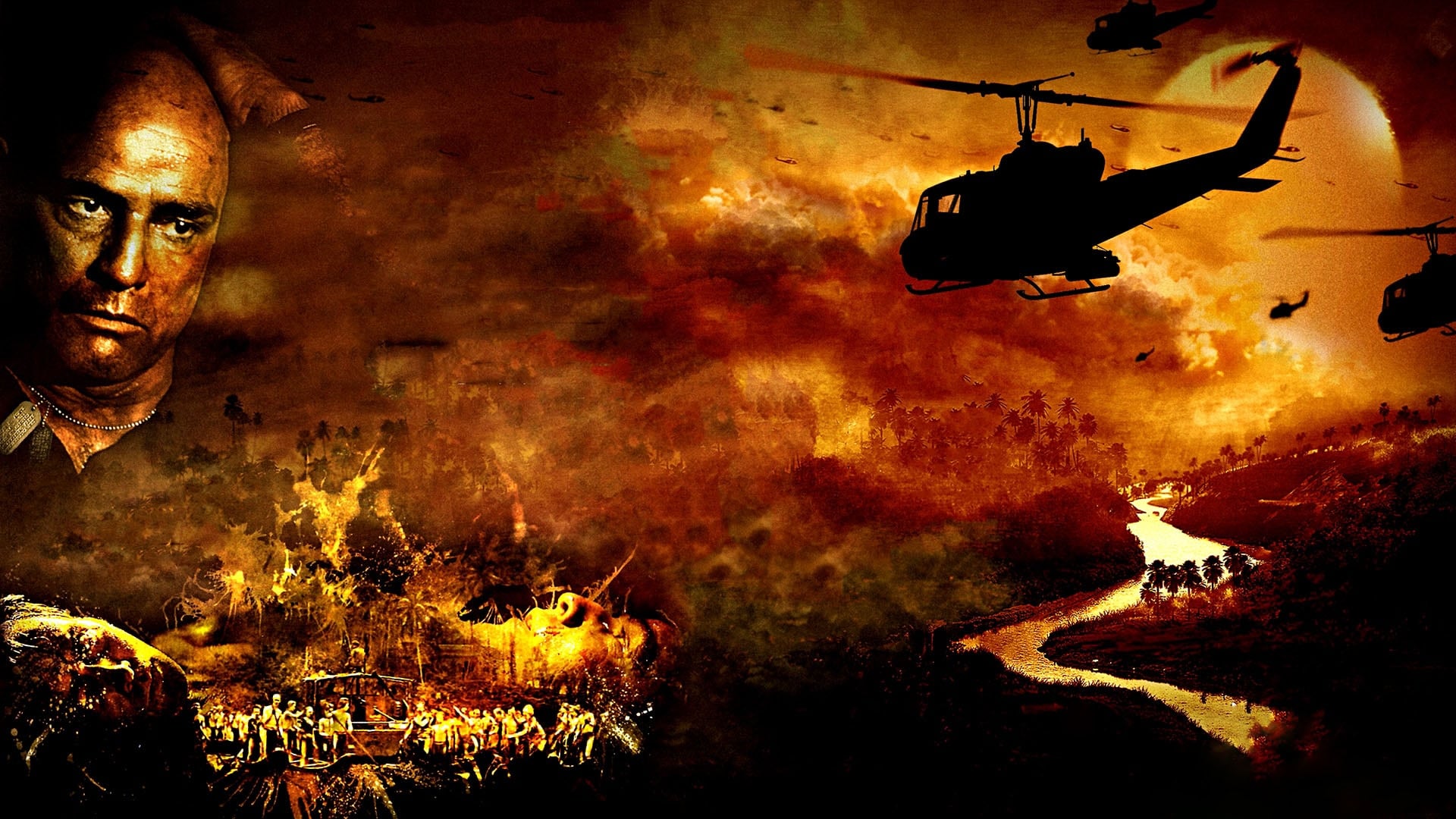

In a sun-drenched, breezy L.A, we either spend time with them in unexpected nightly adventures, or lazy chats in daytime lounge-bars about what happened the previous night – a routine to which Now Apocalypse remains faithful in every episode, to the point where most of the events amount to a constant, dreamy sense of deja vu. Now Apocalypse follows the life of Ulysses, a charismatic slacker played confidently by Avan Jogia, and his group of friends: Ford (Beau Mirchoff), a loveable, bro-ey aspiring screenwriter who dresses like an EDM DJ, and Carly (Kelli Berglund), a struggling actress who pays her bills by webcamming on the side. This time, however, Araki trades teen angst for the lives of directionless twenty-somethings living in L.A, as they meander through dating apps, acting classes and unbreakable hangout routines – all with a faint sense of existential ennui and imminent doom right around the corner. Once again, we find Araki operating in greatest hits mode, with his authorial stamp being noticeable from the get-go: the prominence of queer characters, buzzy one-liners, awkward dream sequences, and even a shoegaze song playing as the title card appears on-screen in the first episode.
Now apocalypse series#
Now Apocalypse is a ten-episode series created, directed and co-written (along with Karley Sciortino) by the Asian-American auteur.
Now apocalypse full#
Nineteen years later, we now find Araki back on TV with full creative control, after directing a few episodes of popular series like Riverdale and Thirteen Reasons Why. Upon watching it now, one may wonder if Araki´s take on these ideas would have found its way into the pop culture zeitgeist, had the show been made, turning Araki into a mainstream generational icon. The series would have found the New Queer Cinema pioneer revisiting themes and specific motifs from his irreverent mid-90s Teen Apocalypse trilogy ( Totally Fucked Up, The Doom Generation and Nowhere), such as teen nihilism in America, sexuality and, of course, the sense of an impending apocalypse. Sadly, however, the pilot never made it on air, and the ambitious plans for the show fell through.


In the year 2000, indie auteur Gregg Araki seemed poised for a huge TV break with T his is How The World Ends, a big budget project for MTV.


 0 kommentar(er)
0 kommentar(er)
